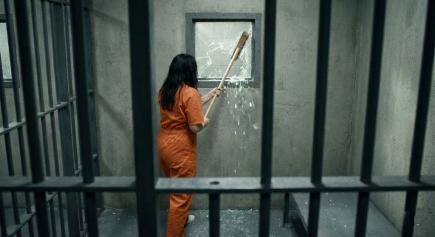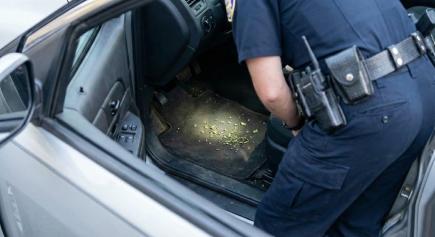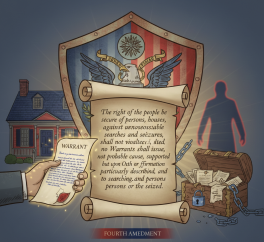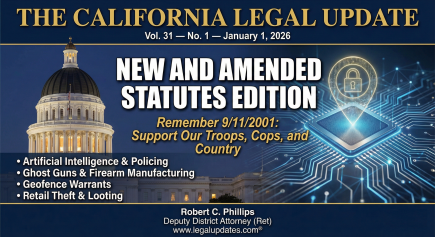

- Ref # CAB00199
- March 03, 2023
U.S. Supreme Court Gun Decision Says N.Y. Law Violated Second and Fourteenth Amendments; Is California Next?
The Second Amendment Right to Bear Arms
By Robert Phillips, Deputy District Attorney (Ret).
Ruling: State statutes restricting a law-abiding adult citizens’ right to keep and bear arms by requiring a showing of “proper cause” violate the Second and Fourteenth Amendments, U.S. Supreme Court decision says.
Discussion: I periodically get asked why I haven’t briefed the U.S. Supreme Court’s latest pronouncement supporting the right to carry a concealed firearm under the Second Amendment; i.e., New York State Rifle & Pistol Association v. Bruen (June 23, 2022) __ U.S. __ [142 S.Ct. .... © 2026 Legal Updates, LLC.
This content is protected by copyright law. Republishing or redistribution in any form without written permission is strictly prohibited. For licensing or reprint requests, contact support@legalupdates.com.



![Warrantless Searches: Do You Know the Difference between ‘Community Caretaking’ and ‘Render[ing] Emergency Assistance?’](/sites/default/files/styles/435_x_242/public/2026-01/GAImage-rb5oktrb5oktrb5o-01242026.png)



